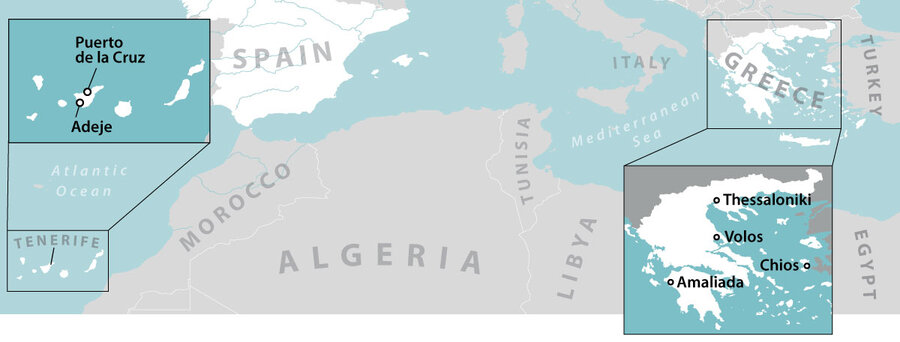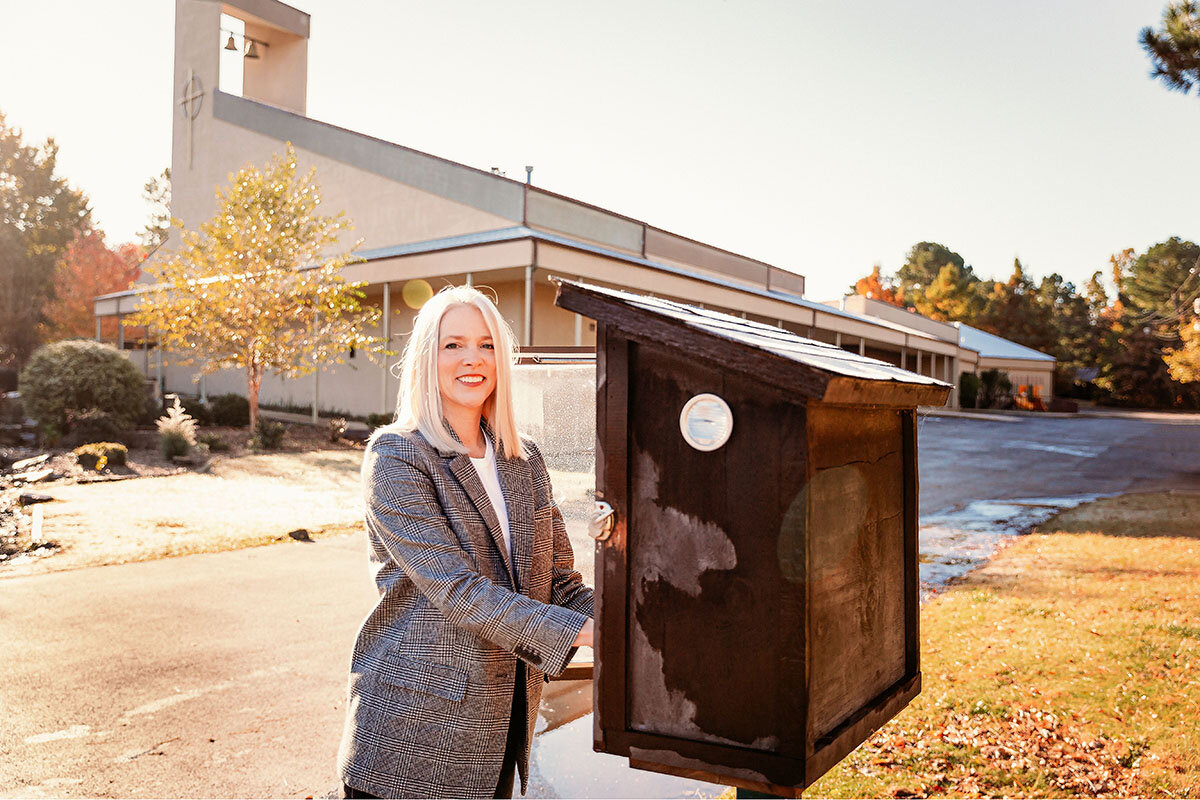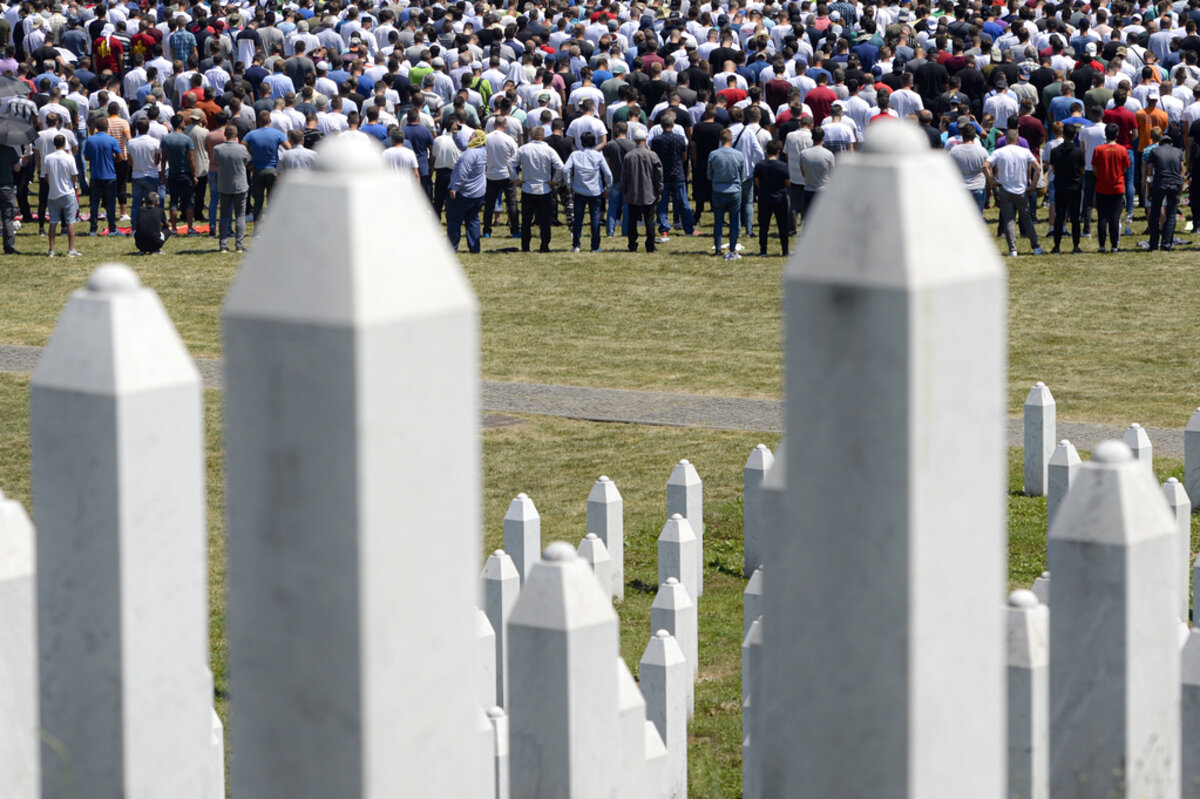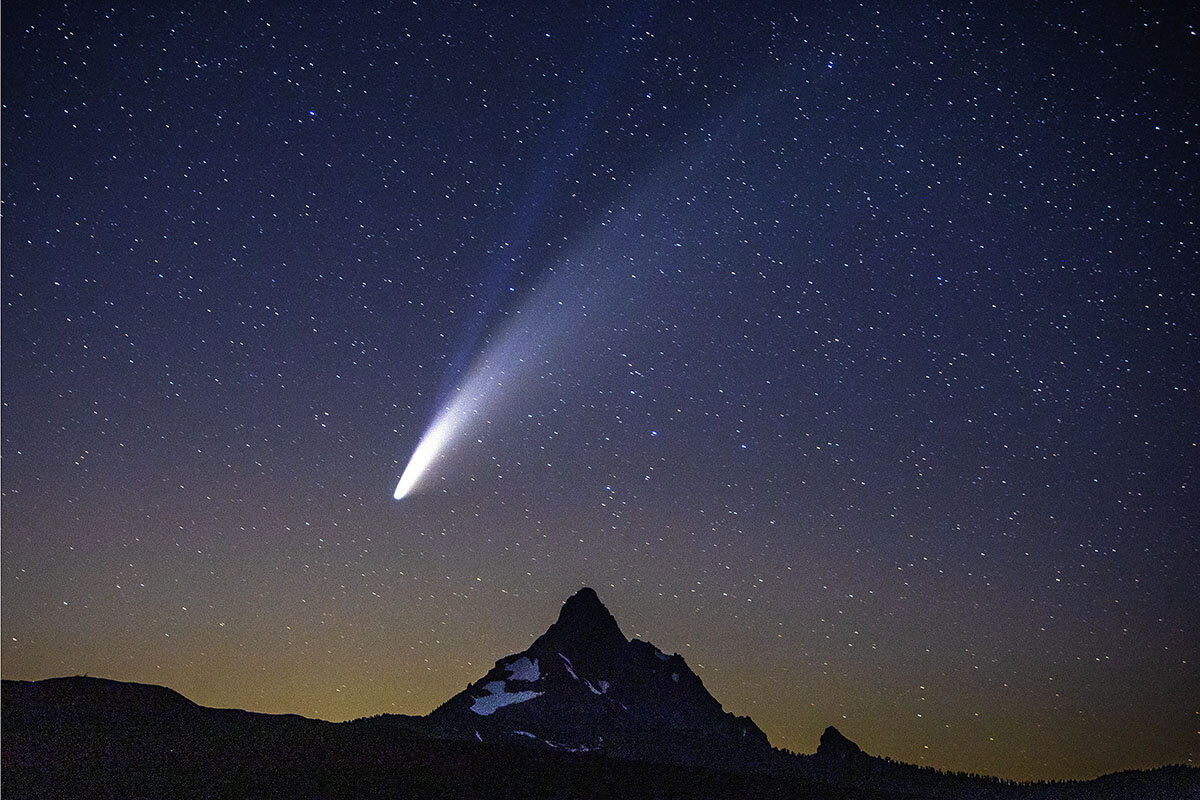Our reporter visited a community in Georgia that conquered a COVID-19 outbreak. Among their lessons for America: unity across racial lines, humility, and decisive action.
Monitor Daily Podcast
- Follow us:
- Apple Podcasts
- Spotify
- RSS Feed
- Download
 David Clark Scott
David Clark Scott
A family member posted this smile-inducing quote on Facebook Monday:
“Calm down! Walmart is just asking you to wear a mask. You can still wear your pajamas, and leave your bras and teeth at home.”
After talking to family and friends, I'm persuaded that those who refuse to wear a mask in public don’t trust the pandemic science, coronavirus death tallies, or the news media. Distrust looms large. Most do not know anyone who has experienced COVID-19. They may also have a distaste for the government telling them what to do, especially about health care. In a nation built on the ideal of independence, that should come as no surprise.
The anti-maskers remind me of those who don’t trust climate science or vaccines. But surveys show they are a shrinking minority. And as politicians prevaricate on masks, we’re seeing corporations – similar to climate policy – take the lead. On Monday, Walmart, CVS, Publix, and Kohls joined Starbucks, Krogers, and Best Buy among national retail chains requiring all customers to wear masks.
Masks are inconvenient. But they may be “the cheapest forms of stimulus ever designed by humans,” economist Austan Goolsbee told The Washington Post. Robert Kaplan, president of the Federal Reserve Bank of Dallas, said that masks are the key to reopening the economy.
Retailers apparently agree. And yes, you can still shop in your pjs.











